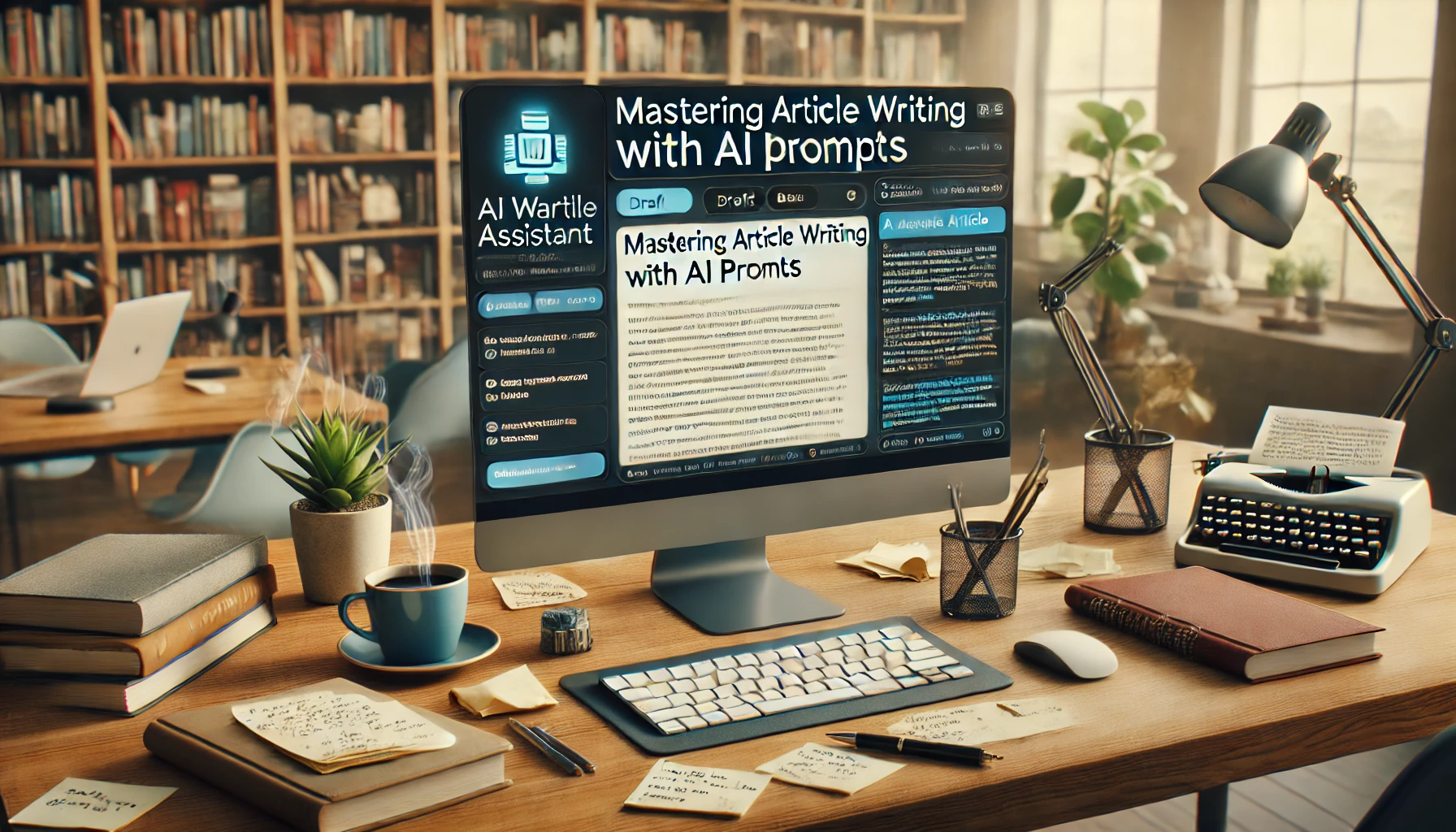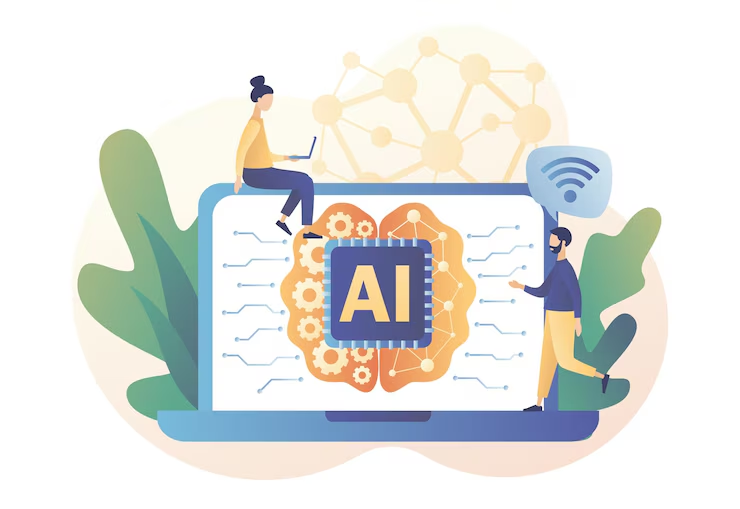How AI Transforms the Booking Process for Restaurants

How AI Transforms the Booking Process for Restaurants
Artificial Intelligence (AI) is revolutionizing industries worldwide, and the restaurant sector is no exception. Integrating AI into the booking process allows restaurants to enhance customer experiences, streamline operations, and maximize revenue.
This blog post explores how AI is transforming restaurant bookings and provides actionable insights for restaurant owners.
Enhanced Customer Experience Through Personalization
AI enables restaurants to analyze customer preferences and behaviors to offer tailored dining suggestions and reservation experiences. Utilizing customer data ensures that every interaction is personalized, making guests feel valued and appreciated.
This enhances customer satisfaction and fosters loyalty. Implementing predictive models helps restaurants anticipate peak times, recommend dining slots, and send personalized reminders.
This proactive approach ensures that you can manage reservations efficiently, reducing wait times and enhancing the overall dining experience. AI-driven chatbots handle reservations, answer FAQs, and provide real-time assistance.
These virtual assistants enhance user engagement by offering instant responses and seamless booking experiences. Deploying chatbots ensures customers receive timely and accurate information, enhancing their overall experience.
Advanced Analytics and Insights
Leveraging natural language processing (NLP) to analyze customer reviews and feedback helps identify trends and areas for improvement.Understanding customer sentiments enables informed decisions to enhance the dining experience.
AI tracks restaurant KPIs (key performance indicators) related to reservations, service speed, and customer satisfaction. These insights optimize operations and improve overall efficiency.
Use AI to monitor industry trends, competitor strategies, and market demands. Staying ahead of the competition requires a deep understanding of market dynamics, which AI can provide through comprehensive trend analysis.
Reducing No-Shows and Maximizing Revenue
AI algorithms identify patterns and predict no-shows, allowing you to take proactive measures like sending confirmation prompts. This reduces the impact of no-shows, ensuring that your tables are always filled and your revenue is maximized.
Utilizing AI to adjust pricing based on demand, time of day, and customer booking patterns can significantly increase revenue. Dynamic pricing ensures that you can maximize profitability while offering competitive prices during off-peak times.
Employing AI to calculate safe overbooking margins minimizes the impact of no-shows without compromising customer satisfaction. This strategy ensures that your restaurant can accommodate as many guests as possible, maximizing revenue potential.
Streamlining Operations with Automation
Replacing manual booking with AI-powered systems reduces errors and streamlines the reservation process. Automated systems handle multiple reservations simultaneously, ensuring an efficient and error-free booking process.
Automated Reservation Systems
AI optimizes table allocation based on party size, turnover rates, and customer preferences. This dynamic table management ensures that your restaurant operates at maximum capacity without compromising customer comfort.
Dynamic Table Management
AI predicts busy times and optimizes staff scheduling, ensuring efficient operations and better customer service. By accurately forecasting demand, you can avoid understaffing or overstaffing, maintaining a balanced and efficient workforce.
Integrating AI with Existing Technologies
Ensure AI systems integrate with existing point-of-sale (POS) systems for a unified operational approach. This integration streamlines processes, reducing the need for manual data entry and ensuring accuracy.
Seamless POS Integration
Enhance CRM capabilities with AI to offer personalized marketing and loyalty programs. AI-driven CRM systems can segment customers based on their preferences and behaviors, allowing you to tailor marketing efforts effectively.
Customer Relationship Management (CRM) Systems
Combine AI with Internet of Things (IoT) devices to automate ambient settings, such as lighting and temperature, based on reservations and preferences. This synergy creates a more comfortable and personalized dining environment for your guests.
Challenges and Considerations
Address concerns related to data protection, ensuring customer information is handled securely and ethically. Implement robust security measures to safeguard sensitive data and build trust with your customers.
Discuss the financial implications and strategies for effectively implementing AI systems without disrupting current operations. While the initial investment may be significant, the long-term benefits of AI often outweigh the costs.
Highlight the need for a balanced approach, where AI enhances but does not replace the human element in hospitality. Combining human intuition with AI efficiency ensures that your restaurant delivers a warm and personalized dining experience.
Boosting Customer Loyalty Programs
Integrating AI into your restaurant’s customer loyalty programs can significantly enhance customer retention and satisfaction. AI can analyze customer behaviors and preferences to create highly personalized loyalty programs.
By tracking dining habits and preferences, AI can offer tailored rewards and promotions that resonate with individual customers, making them feel valued and appreciated. This personalized approach encourages repeat visits and fosters long-term loyalty.
Additionally, AI can automate the management of loyalty programs, ensuring that rewards are accurately tracked and timely reminders are sent to customers, thus maintaining high engagement levels.
AI can also predict which customers are likely to churn and trigger personalized retention strategies to win them back. By continuously learning from customer interactions and feedback, AI systems can refine and optimize loyalty programs to align with evolving customer preferences, ensuring that your loyalty initiatives remain effective and relevant.
Enhancing Reservation Management
AI-driven insights can revolutionize your restaurant’s reservation management. By analyzing data, AI identifies trends and patterns missed by traditional methods.
This leads to efficient table management and increased customer satisfaction.
Customized Booking Experiences
AI segments by dining habits, enabling personalized booking experiences. This customization boosts satisfaction and loyalty.
Optimized Reservation Scheduling
AI predicts peak times and manages waitlists, ensuring smooth operations and full capacity. Real-time tracking allows for strategy adjustments on the fly.
Incorporating AI enhances efficiency, aligns with customer preferences, and drives revenue growth.
| Feature | Manual Booking System | AI-Powered Booking System |
| Reservation Handling | Manual, error-prone | Automated, error-free |
| Customer Data Analysis | Limited | Comprehensive |
| Predictive Analytics | None | Advanced |
| Chatbots | Not applicable | Available |
| Dynamic Pricing | Static pricing | Adaptive pricing |
| Table Management | Manual | Optimized |
| Staff Scheduling | Manual | Predictive |
| Feedback Analysis | Manual | Automated |
| Integration with POS | Limited | Seamless |
| Sustainability Practices | Manual adjustments | Automated optimization |
Wrap Up
AI is revolutionizing restaurant bookings by automating reservations, optimizing table management, and enhancing customer experiences. This technology reduces manual errors and personalizes interactions, leading to higher customer satisfaction and loyalty.
Integrating AI in reservations is essential for restaurants to stay competitive and meet evolving customer demands. Embracing AI ensures a smarter, more efficient future in hospitality.
FAQs
- How does AI help in reducing no-shows?
AI predicts no-shows and sends confirmation prompts, reducing their frequency. - Can AI personalize customer experiences?
Yes, AI analyzes customer preferences to offer tailored dining suggestions and experiences. - Is AI integration expensive for restaurants?
While the initial cost can be high, the long-term benefits often outweigh the expenses.
The Role of AI in Human Resource Management Efficiency
Strengthening Enterprise Security with Identity and Access Management




